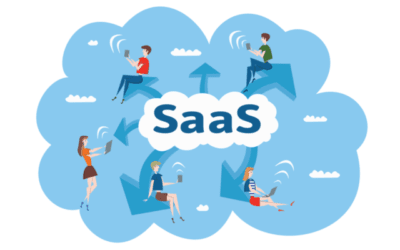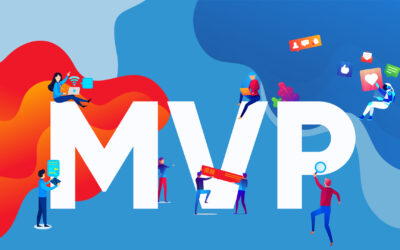When you search for "ERP" on the web, every website seems to have its own definition of ERP, and one ERP implementation can vary widely from the next. These differences, however, underscore the flexibility that can make ERP such a powerful business tool.
To get a deeper understanding of how ERP solutions can transform your business, it helps to get a better sense of what ERP actually is and how it works I would like to give definition and talk about history of this system.
ERP is an acronym for Enterprise Resource Planning, but even its full name doesn't shed much light on what ERP is or what it does. For that, you need to take a step back and think about all of the various processes that are essential to running a business, including inventory and order management, accounting, human resources, customer relationship management (CRM), and beyond.
The central feature of all ERP systems is a shared database that supports multiple functions used by different business units. In practice, this means that employees in different divisions—for example, accounting and sales—can rely on the same information for their specific needs.
The term ERP was coined in 1990 by Gartner1, but its roots date to the 1960s. Back then, the concept applied to inventory management and control in the manufacturing sector. Software engineers created programs to monitor inventory, reconcile balances, and report on status. By the 1970s, this had evolved into Material Requirements Planning (MRP) systems for scheduling production processes.
In the 1980s, MRP grew to encompass more manufacturing processes, prompting many to call it MRP-II or Manufacturing Resource Planning. By 1990, these systems had expanded beyond inventory control and other operational processes to other back-office functions like accounting and human resources, setting the stage for ERP as we've come to know it.
Today, ERP has expanded to encompass business intelligence (BI) while also handling "front-office" functions such as sales force automation (SFA), marketing automation and ecommerce.
With these product advancements and the success stories coming out of these systems, companies in a broad range of industries—from wholesale distribution to ecommerce—use ERP solutions.






